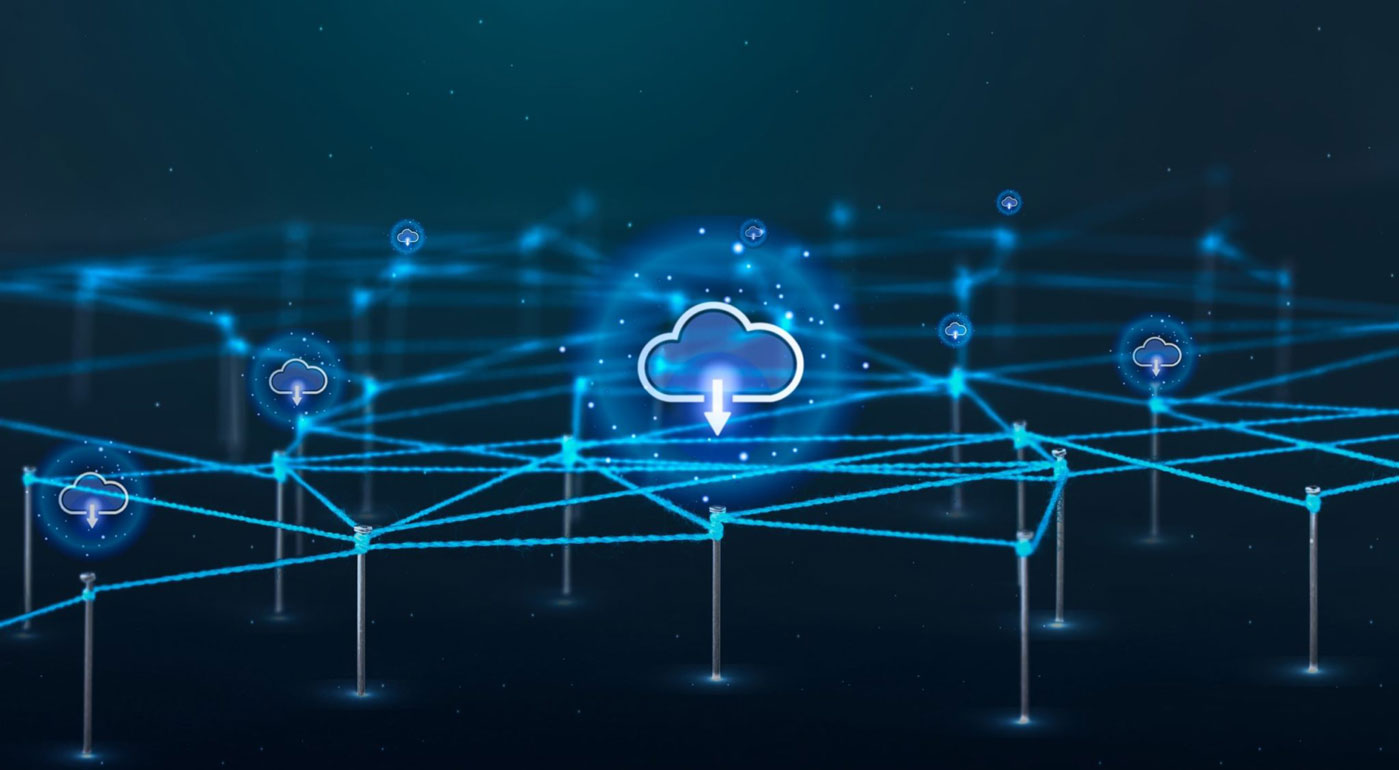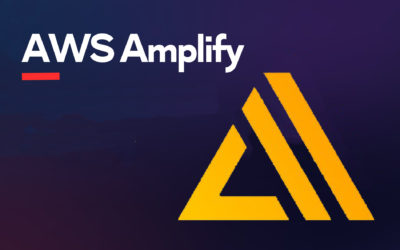Migration means moving a database to a cloud system. Though this practice is becoming more and more popular, it still is a complex process that requires specialized knowledge, techniques, and technologies.
Want to avoid languishing? You should ask these questions before migration.
1. What database skills do I have?
It is crucial to identify any possible knowledge. In order to do so, talk to the people who are responsible for database management to find out about their daily tasks.
You should also identify gaps of knowledge and think of a way to fix them.
2. What does the database look like?
Figuring out the functionality and size of your existing database will help you set the needs. Some key aspects are:
- The number of CPU cores on the server.
- The memory size of the CPU.
- An average number of connections to the database.
- The average transaction logs per hour.
3. What is the way to access the database?
Another thing you should know is the number of people who will access the database, as well as the frequency and permissions. You should also know what tools your people use and the method configured during the installation. All this knowledge will help you have a balance and establish new protocols.
4. How do you maintain your database?
A smooth migration process occurs when you have a good and stable database with indexes you rebuilt regularly. Therefore, you should check the status of your database and fix any possible maintenance issues.
Focus on aspects like:
- The retention period for transaction logs.
- Schedule backups.
- Storage backups.
5. What is the most downtime you can accept?
Probably the most important question to ask yourself would be what’s the maximum database downtime you can tolerate during the migration. In order to keep such downtime to the minimum, you will need database upfront rework.
There are numerous ways of migrating a database depending on its management system and the cloud provider. The questions above will help you determine the right size for your new environment on the cloud, and the best approach for your situation. Even though the most common approach for migrations is the ‘lift and shift’ approach, it can lead to multiple problems down the line, so it is better to analyze the whole situation and to have access to guidance.
At Glajumedia, we have a team of experts who will be happy to guide you through the world of cloud migration.










